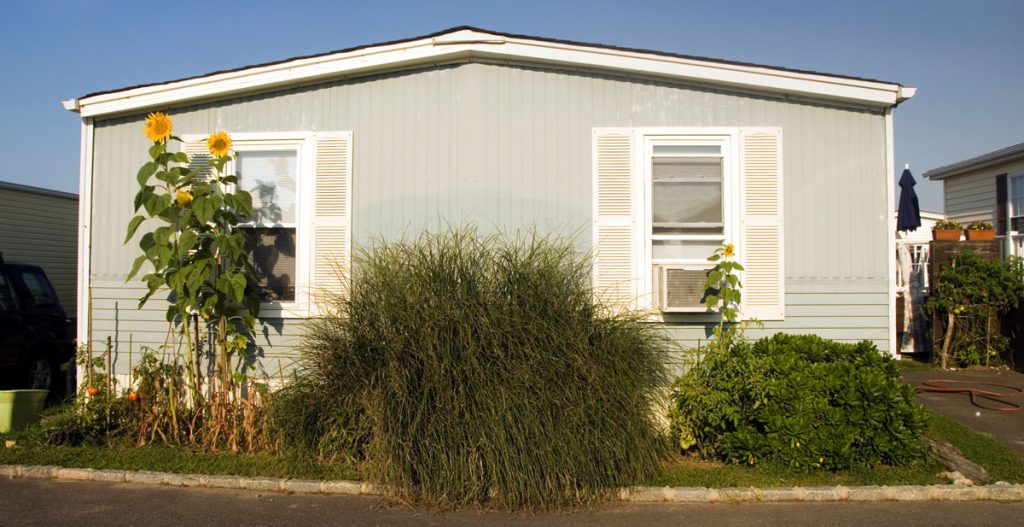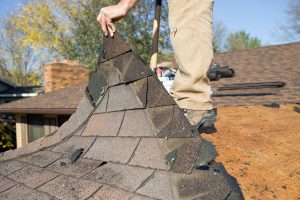Thinking of buying a second home? Ready to get into the real estate game, renting one place while living in the other. That's great! Let's see if you have enough capital for that though and see how much of a downpayment do you need for that second home.

Similar to buying your primary residence with a mortgage, you will need a down payment of at least 20% in most cases. If you have a lot of money saved plus other assets, you might be able to put down 10%. With most lenders, you will also need to have higher credit to qualify for a second home mortgage compared to the process of buying your primary residence.
Per the National Association of Homebuilders, there are 7.4 million housing units in America that qualify as second homes with Florida having the largest stock of second homes, followed by California, New York, and Texas having the next-largest amounts. Most people opt for a second home in order to have a vacation residence or rental, if their family situation warrants it, or work necessitates a second home while your family lives in your primary residence. If you're considering a second home, and subsequently a second home mortgage, you'll want to keep the following in mind.
What is the Minimum Down Payment for a Second Home?
You will need to check with the lender first since mortgage rates and policies will be different for second homes opposed to primary residences. Generally, though, you will need at least 20% of the purchase price. You may need only 10% if you have a stellar financial profile-- income, credit rating, debt-to-income ratio, and total savings.
Banks also tend to want to see at least two months of cash reserves on hand, six months if you are self-employed or lower-income, to qualify you for this type of mortgage altogether let alone for financing with only 10% down.
Can I Buy a Second Home with No Money Down?
Because government programs for first-time homebuyers like VA and FHA loans are not applicable to second home purchases, it can be extremely difficult if not impossible to buy a second home with no money down.
However, you may be able to tap into your current home equity if you don't have enough cash to make a 20% down payment. This ultimately depends on how much equity you have in your home, and if this home equity loan is sufficient to cover the down payment. Home equity loans are 1-2 points higher than conventional home mortgages, so this route should be avoided if possible.
There are also tax implications that vary depending on whether the second home is a vacation home or a secondary residence, so you will want to consider this only "no money down" method very carefully.
Can I Buy a Second Home and Rent the First?
Yes you can, and you should inform the lender if you intend to do so. While your current income and cash reserves are what ultimately determine if you can afford two mortgage payments plus the other expenses involved, keep the fair market rental value in mind as it may factor into some lenders' decisions.
If you'd like to start earning rental income but don't have enough cash to buy another property outright, moving to a new residence and renting out your old one may be preferable to renting out the second home you are buying. This is because your intent to get rental income can end up reclassifying the home as an investment property and some lenders will not allow you to take out a mortgage for this purpose.
If you plan to rent out the home for more than two weeks per year, it can be considered an investment property. However, you are free to rent out your prior residence and make this second home your new primary residence. If you are planning to do this, you must inform the lender because you can get more favorable mortgage rates and options than if you were buying a vacation home or rental property.
If you are thinking about buying a second home to use as a pied à terre if you have a very long commute or your work frequently takes you to two different locations and your employer or client doesn't provide accommodations, it is still ultimately considered a second home and not a primary residence so you must tell the lender your intent. This doesn't preclude you from renting out the property in the future provided that your original intent was to use the property as a second residence. However, when you apply for the mortgage and it turns out you are renting out the property right away, there can be consequences for this.
It is a lot easier and less of a legal gray area to use your current residence as a rental property, then take out the second mortgage for relocating to a new primary residence.
Can You Have Two Primary Residences?
You can have two homes. But for tax and legal purposes, you cannot have two primary residences. Only one home may be considered your primary residence. It is usually the home that you spend more time in, or have the intent to. It is possible that your professional and personal lives can cause you to spend more time in one area than the other, but the intent matters such as which use the address you use for mail delivery, tax notices, and other indicators that one home is more permanent than the other. These are the factors that the IRS looks at as well.
Can I Have Two Mortgages At Once?
You are legally allowed to have two mortgages at once. Provided that you can demonstrate the income and assets to make both mortgage payments, as well as the related expenses for two properties like property taxes, insurance, and general maintenance, lenders will be more amenable to the idea of a borrower having two mortgages.
However, the vetting process is much stricter to get that second mortgage compared to the first one. This is because public policy on housing dictates that second homes are a luxury, not a necessity, and mortgage rates and programs should be more favorable to people purchasing their primary residence. These laws and programs encourage more homeownership so neighborhoods can become more stable, and get more long-term residents who are personally and financially invested in their communities.
Since a mortgage payment often takes up at least one-third of the average homeowner's monthly income, if not more, even if the borrower is higher-income, lenders will subject potential borrowers seeking mortgages for second homes to more scrutiny than they would for a primary residence purchase. You need to demonstrate both the financial capability to make timely payments on both mortgages, as well as a good reason for buying the property.



